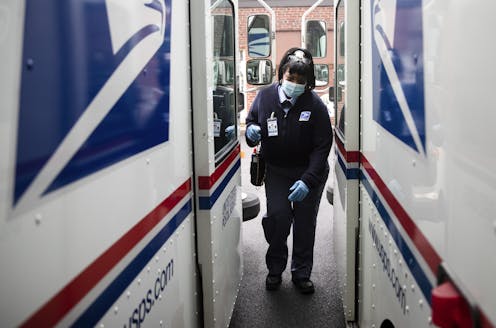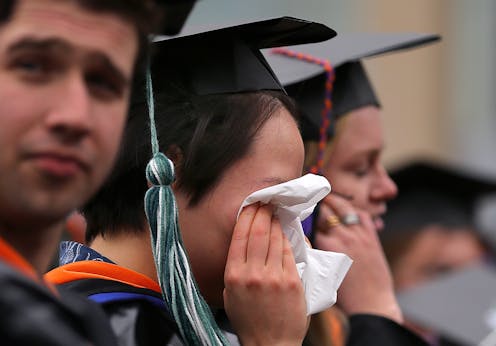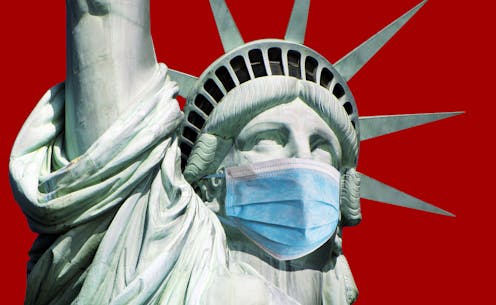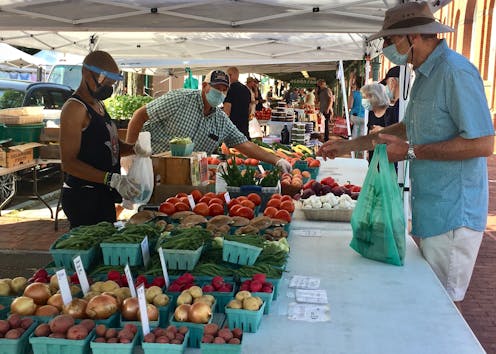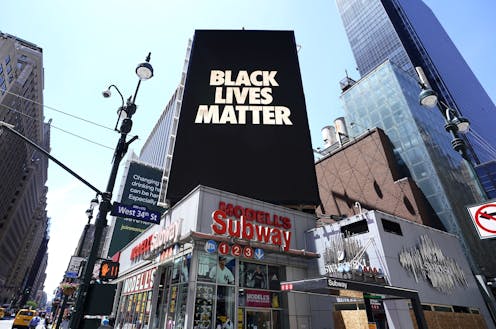The Supreme Court just expanded the 'ministerial exception' shielding religious employers from anti-bias laws
- Written by Steven K. Green, Professor of Law, Director of the Center for Religion, Law & Democracy, Willamette University
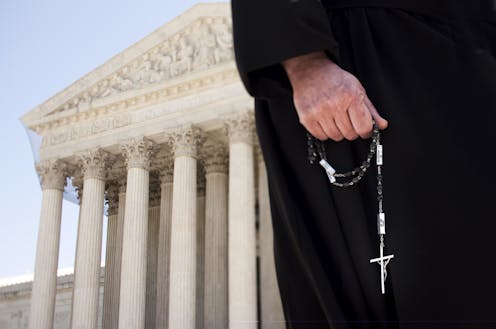 The ministerial exemptions ruling is one of several cases involving religious employers in front of the Supreme Court.Brooks Kraft LLC/Corbis via Getty Images
The ministerial exemptions ruling is one of several cases involving religious employers in front of the Supreme Court.Brooks Kraft LLC/Corbis via Getty ImagesShould religious employers be allowed to discriminate?
When it comes to houses of worship selecting spiritual leaders, then the answer from lower courts has long been “yes.” Even...


